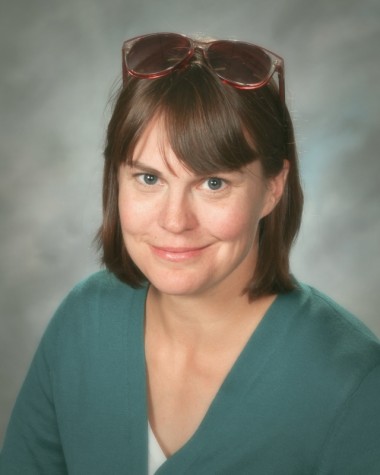Running start or AP classes?
December 8, 2015
Coke or Pepsi? Cats or dogs? McDonald’s or Burger King? These are but a few among age-old debates of American society. Asking one simple “this or that” question can spark a heated argument with even the least opinionated person.
Only recently has education jumped on to the list of disputed topics. Not long ago, a teenager had one option — go to high school and take the same mundane classes as everyone else. Now, with ever-blossoming academic opportunities, a student has a far tougher time designing their personal scholastic path. At Wenatchee High School, two ambitious alternatives dominate the scene: Advanced Placement classes and the Running Start program.

High schools around the nation offer Advanced Placement classes, more commonly called AP classes, as college-level substitutes to average courses. A student may earn college credit if they score a three or higher on the end-of-year AP subject exam.
After World War II, the need for a well-educated society arose and educators put their heads together to brainstorm ways to drive students toward reaching their full potential. The solution came in the form of a preliminary program introduced in 1952 which offered 11 advanced subject courses. A few years later, it was taken over by the College Board and since has been revolutionized into the leading high school program promoting academic excellence in the United States. AP now offers nearly 40 unique subjects and involves more than 2 million students nationwide, according to statistics offered by the College Board. Wenatchee High School offers a variety of AP classes including physics, U.S. history, and English literature.
Through the Running Start program, upperclassmen students in Washington and Hawaii can fulfill both high school and college credits, potentially earning both a high school diploma and an associate’s degree, by enrolling in classes tuition-free at local colleges.
In the early 1990s, Running Start was approved by the Washington State Legislature as part of the student and parent “Choice Act.” Today it is offered at 34 community and technical colleges in Washington, as well as at state colleges including Washington State University and Central Washington University. In Wenatchee, Running Start through the Wenatchee Valley College includes classes ranging from Japanese to jazz history.
Some students, however, step outside the norm and choose less common alternatives. International Baccalaureate (IB) classes are similar to AP classes in the sense that both are college-level programs. However, those who wish to take IB classes must fulfill a list of prerequisites, including a 4,000 word essay, a knowledge exam, and 150 hours of action, creativity, and service. Additionally, self-motivated learners may choose to take a Directed Study, where the student chooses an area of interest, such as painting or creative writing, and creates their own curriculum.
For some the choice came easy. “Most of my family members have done Running Start, so I was like, ‘I don’t see why I shouldn’t.’ [AP] wasn’t really an option for me,” senior McCaleb Eifert said. Enrolled full-time at WVC, Eiffert is currently taking Sociology 101, English 201, and Cellular Biology.

Others had a more difficult time and consulted fellow students for advice. “I have a friend who is four years ahead of me [in school], Rachel Gattlan, and I asked her, ‘Do you think I should do running start or AP?’ She said, ‘Oh, definitely do AP because the credits that you get apply almost anywhere, whereas sometimes colleges don’t accept [Running Start],’ ” junior Katie Dodge said. Dodge has challenged herself with three AP classes this year: Calculus AB, chemistry, and U.S. history.
Students nor teachers have come to a clear consensus on whether one program trumps the other. Running Start and AP both have their perks, according to AVID teacher Jennifer Netz.
“At our school we advocate for the kids taking AP classes because it shows a college that they’ve taken rigorous courses and shows that they’re serious about education; but, Running Start can be just as powerful,” Netz said. “I know plenty of kids who have done Running Start and they’re [now] in an Ivy League school.”
Nonetheless, students can agree that both Running Start and AP require much diligence and commitment due to their rigor. “[The transition] was hard. I have to schedule my time better. I’m no longer doing competitive gymnastics anymore just because I don’t have the time. I’m definitely finding myself having to make sacrifices that I didn’t have to make before,” Dodge said.
Eifert gave a similar gist while discussing Running Start.
“Over the weekend, you can’t slack off or you’ll get behind. You have to do homework every night because they’re always giving you more and more,” Eifert said.
For their immense effort, Running Start and AP students reap rewards beyond school credit and the knowledge they gain from their classes; they take away lessons they can carry throughout their entire lives.
“I was thinking this to myself as it was 11 p.m. while I was doing AP chemistry homework, and I realized that I don’t really want to do chemistry and I don’t want to be a chemist, but I think that the skills that I get from being able to solve problems, be dedicated, and do work even when I don’t want to — that’s really what I’m hoping to take away from the classes that I take,” Dodge said.
